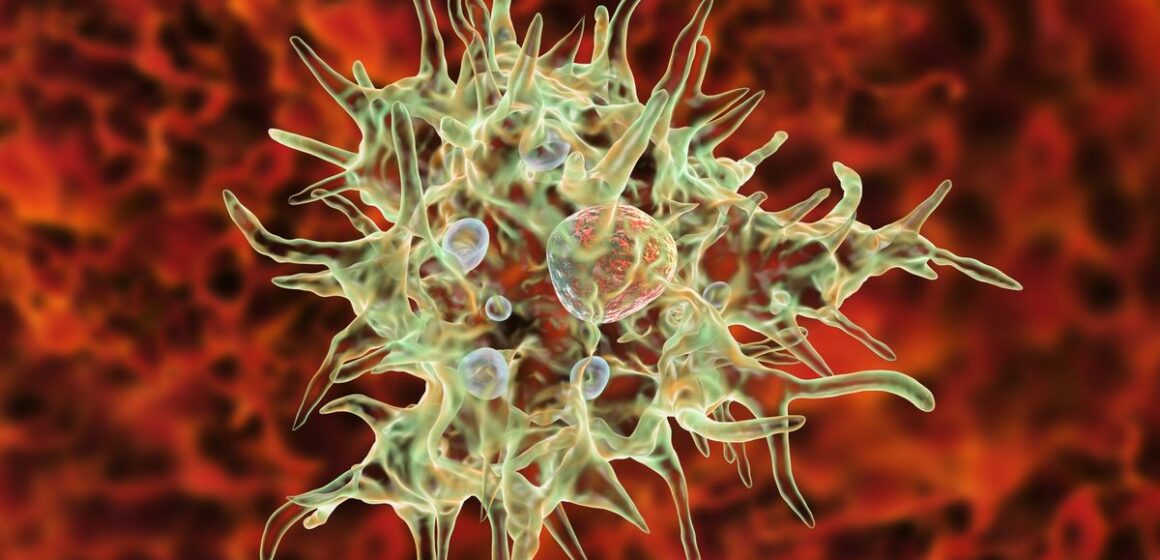In a tragic and alarming incident, a 14-year-old boy from Kozhikode, Kerala, has succumbed to an infection caused by Naegleria fowleri, commonly known as the brain-eating amoeba. This is the third fatality in Kerala due to this rare microorganism in the past two months, raising serious concerns among health officials and the public.
Understanding Naegleria Fowleri
Naegleria fowleri is a single-celled amoeba that typically inhabits warm freshwater bodies like lakes, rivers, and hot springs. It can cause primary amoebic meningoencephalitis (PAM), a devastating brain infection. The amoeba enters the body through the nose, usually when individuals swim or dive in contaminated water, and then travels to the brain where it destroys brain tissue. Despite its rarity, the infection is almost always fatal.
Symptoms and Disease Progression
The teenager was hospitalized on June 24 after presenting symptoms such as severe headache, nausea, and vomiting. These early signs can easily be mistaken for bacterial meningitis, making it difficult to diagnose the infection promptly. As the disease progresses, it leads to severe neurological symptoms including confusion, seizures, loss of balance, and hallucinations. The infection advances rapidly, often resulting in death within a week of the onset of symptoms.
How the Infection Occurred
Health officials suspect that the teenager contracted the infection while bathing in a stream near his home. Naegleria fowleri thrives in warm freshwater, particularly during the summer months when water temperatures are higher. Infection occurs when contaminated water enters the nasal passages, allowing the amoeba to reach the brain. It’s important to note that the amoeba does not survive in saltwater and cannot cause infection through drinking water.
Prevention and Safety Measures
Given the high mortality rate of Naegleria fowleri infections, taking preventive measures is crucial. To reduce the risk of infection, avoid activities that may force water up the nose, such as diving or jumping into warm freshwater. Using nose clips or keeping your head above water can also help prevent water from entering your nasal passages. Additionally, it is wise to avoid submerging your head in hot springs and other untreated thermal waters.
Public Awareness and Response
Following the teenager’s death, the term “Kerala brain-eating amoeba” quickly became the top trending search on Google, amassing over 10,000 searches. This spike in public interest highlights the urgent need for increased awareness and education about Naegleria fowleri. Understanding the risks and symptoms associated with this deadly amoeba is crucial for preventing future infections.
The tragic death of the 14-year-old boy in Kerala underscores the severe threat posed by Naegleria fowleri. While infections are rare, they are almost invariably fatal. Public health officials stress the importance of preventive measures when engaging in activities in warm freshwater bodies. By staying informed and vigilant, we can reduce the risk of infection and safeguard our health.

